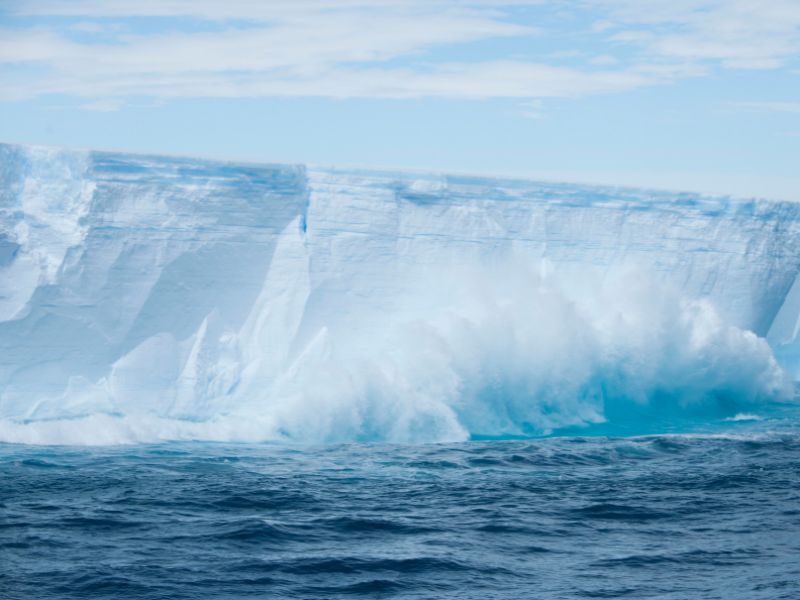A new study has revealed a direct link between the melting of Antarctic ice and an increase in cyclones in the Arabian Peninsula. According to the study, the melting ice is not only causing global sea levels to rise but is also altering weather patterns, leading to a 36% increase in cyclones in the region.
Dr Abdulla Al Mandous, the Director-General of the National Centre of Meteorology and an advisor to the World Meteorological Organization president, emphasized the urgent need for research in the Polar Regions to better understand the profound effects of climate change. He explained that the Gulf region, including the UAE, is particularly vulnerable to these impacts, facing specific threats to water and food security.
Khaleej Times reports Dr Al Mandous also stated that any change in the ice mass, whether it’s a loss or an increase, will have a significant impact on weather and climate worldwide. He emphasized that it will alter ocean currents and global atmospheric circulations, leading to changes in weather patterns in other regions.
First Response Healthcare UAE suggests when the body overheats beyond 40°C (104°F), it can lead to a heatstroke, a potentially life-threatening condition, especially common in Dubai’s intense summer heat. To help the body manage the consequences of the heat, there are treatments that may include Energy Boost and Hydration IV fluids to help restore electrolyte balance and provide essential hydration.






